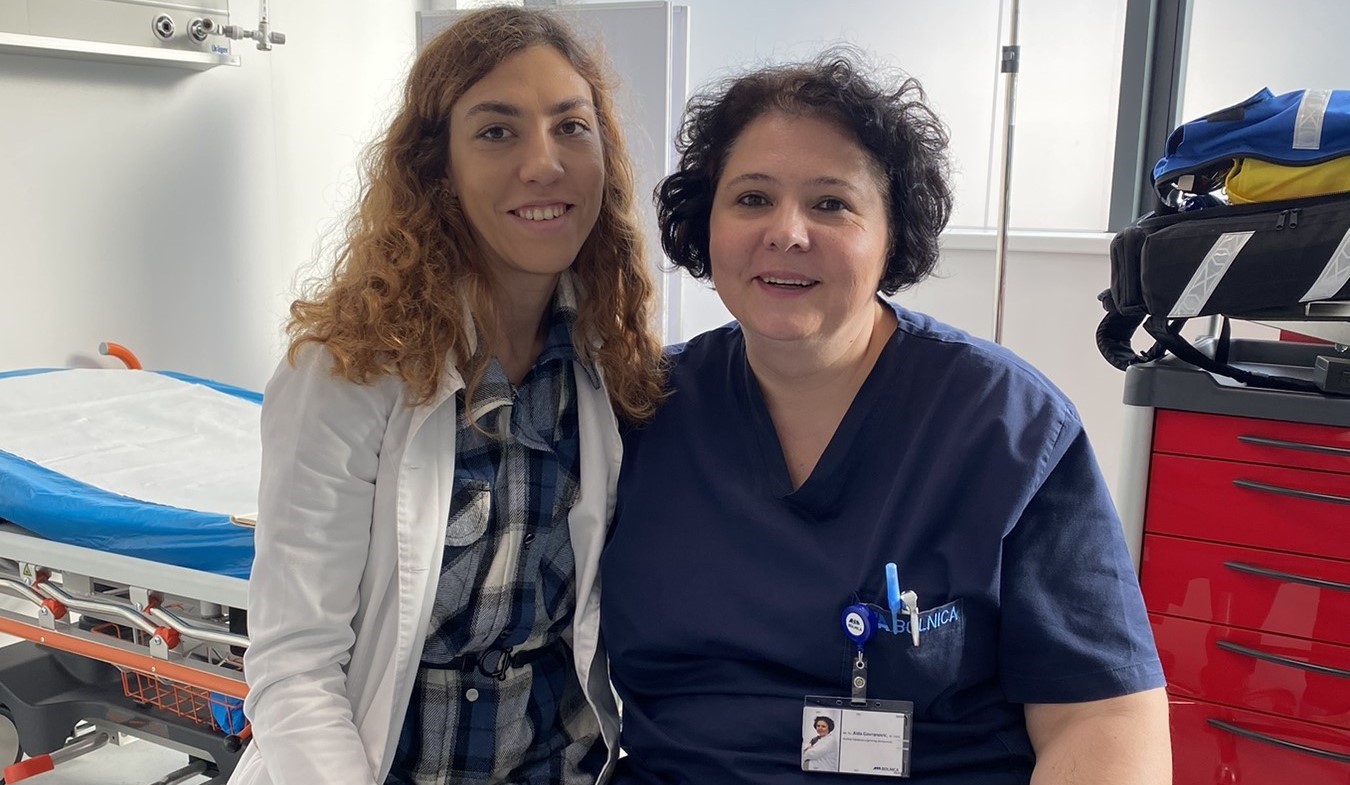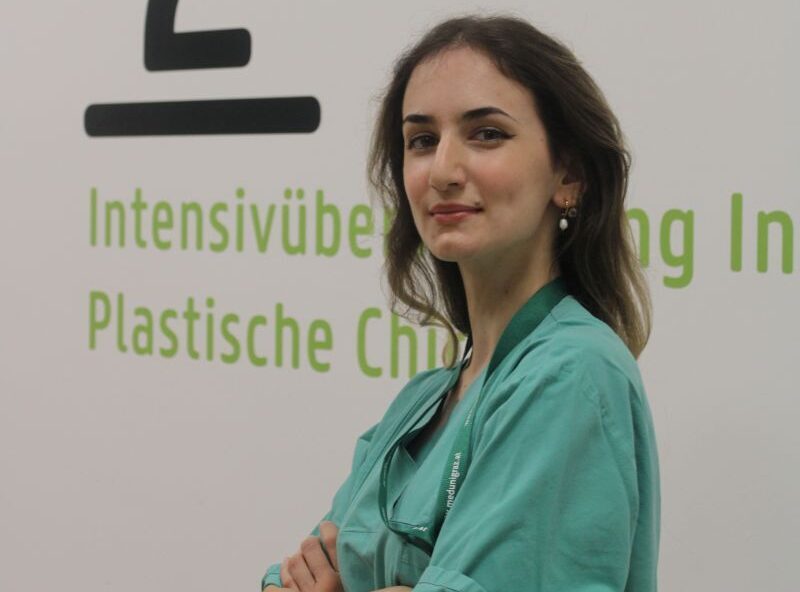The job market today is highly competitive and demands specific knowledge and skills, regardless of whether it is a first-time employment opportunity. Theoretical knowledge is essential and invaluable, but practical knowledge is the key to success, opening the doors to the professional world more efficiently. The Hastor Foundation recognizes this and strives to create opportunities for students to prepare them for their transition into the job market. One of the outcomes of this effort is the introduction of the mentorship program “First Step into the Business World,” which equips students with the necessary skills to face real-world professional challenges, provides mentorship, and fosters strong networking opportunities.
We spoke with one of the mentors, Dr. Aida Gavranović, Head of the Emergency Care Department at ASA Hospital, about the results and significance of the first cycle of this program.
Dr. Gavranović, what impressions can you share with us about the mentorship program “First Step into the Business World”?
The mentorship program “First Step into the Business World” is a fantastic opportunity for young colleagues to gain insightful information about the work and the challenges they will face in the future. Throughout the program, the mentor shares their experience and potential difficulties with the mentee, guiding them on ways to overcome them. Thus, the most important aspect of this program is that it helps young colleagues, who already possess theoretical knowledge, acquire new practical skills as well.
How much practical knowledge do students actually have upon completing their studies?
During their education, students acquire not only theoretical, but also a certain level of practical knowledge. However, upon graduation, they enter a new realm of practical work, which is often quite different from what they encountered at university. Acquired theoretical knowledge must then be applied in real-life situations. At that point, they continue learning—but in a more focused way, or rather, they learn for themselves. For doctors, the learning process truly lasts their whole life.
Could you compare your period of education with the current one? Are there now more opportunities for practical work and experience for students?
There should definitely be more practical training during the course of study. I believe all colleagues remember their own beginnings and the challenges they faced during that time. Both past and present generations graduate with fairly limited practical knowledge and skills, especially those who studied during the pandemic. Various programs and projects certainly help young colleagues gain as much hands-on experience as possible. However, a key factor in all of this is the motivation of the students themselves.
What prior knowledge, abilities, or skills were most important for you when selecting a student for the mentorship program?
Certainly, a solid foundation of theoretical knowledge was crucial, but above all, the willingness and eagerness to learn, engage in discussions, explore new concepts, and adopt them.
The emergency center is a challenging work environment. How did the program participant manage in this setting?
Dr. Nejra Hindija, with whom I had the privilege of working during the mentorship program, is a wonderful young colleague who has already begun her career as a medical doctor. Through both theoretical and practical training in various areas of emergency medicine, as well as hands-on examples and real-life cases, she has enriched her knowledge and critical thinking. During the program, we also addressed other essential aspects, such as effective communication and legal regulations in the medical field.
How do you handle stressful situations, and how do you motivate your team during high-pressure moments?
Working in this field of medicine naturally comes with a lot of stress. Continuous learning and emergency situation training are essential to ensure that every team member can effectively manage challenging situations and be as prepared as possible. Additionally, knowing your team well and being able to anticipate their reactions is of great importance. It is crucial to discuss each case with the team—whether there is room for improvement and how they personally experienced the situation. I must also emphasize the importance of good communication, not only within the team and with colleagues, but also with patients and their families. Managing pressure is something that requires daily effort and learning. The goal is to control stress rather than allowing stress to control you.
Do you have any advice for medical students?
I would advise young colleagues to:
approach their future profession with great love and responsibility; to be empathetic and sensitive towards patients, because we have chosen our patients, not the other way around; to always remember that every person is an individual with their own personality, and each patient should be treated as such; to frequently return to the basics and understand that it is not shameful to not know something—everything can be learned; to know how to accept praise, but also take constructive criticism in a positive way; to always continue learning and searching for new knowledge, and to respect and value their colleagues.




